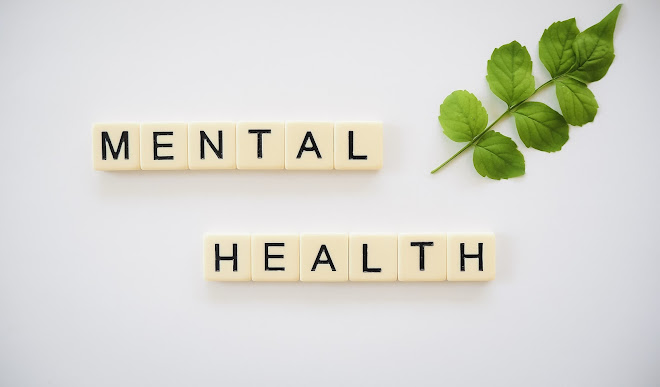The Best Practices for Mental Health: Take Care of Your Mental Wellbeing
Taking care of your mental health is essential for overall well-being.
Here are some best practices to maintain and improve mental wellness:
#1 Prioritize Sleep:
Why It Matters: One of the most important functions of sleep is to stabilize moods and concentrate as well as to maintain other mental activities in right proportions.
Sleep deprivation might cause anxiety, depressions, and stress in the body.
How to Do It: The recommended hours for healthy sleep is 7-9 hours per night, it is necessary to have a regular sleep schedule, and avoid exposure to any sort of LED screens before going to bed.
#2 Be Mindful and Meditate:
Why It Matters: It is evident that mindfulness, and its subset of meditation helps to decrease stress levels, enhance understanding of oneself and improve mood regulation among people.
Research has also indicated that these practices can foster positive changes in mental health on the long end.
How to Do It: Just try using any mutual application for the meditation, such as Calm or Headspace, or begin with the simple practice of the profound breath and attentive focus on the present moment for 10-15 minutes each day.
#3 Stay Physically Active:
Why It Matters: The attitude improves because exercise aids in releasing endorphins and serotonin which are neurotransmitters that cause happiness and relaxation.
How to Do It: Do at least 30 minutes of cardio every day regardless of the activity type, it can be walking, yoga, running, etc.
#4 Maintain a Balanced Diet:
Why It Matters: Characterized by adequate nutrition the brain gets in a good position for performing its functions.
Taking moderate amounts of food is advisable as it improves mood and energy hence reducing instances of depression.
How to Do It: If possible avoid processed foods, and incorporate more vitamin and mineral, and antioxidant containing foods.
Add such foods to your diet as fish containing omega-3 fatty acids, skim milk, and whole grain cereals that will provide a steady source of energy and brain function.
#5 Stay Connected Socially:
Why It Matters: Positive relations helps an individual to gain emotional support and feel that they belong since lonely people are usually depressed or anxious.
How to Do It: Keep a communication link with friends, families or support groups as often as possible.
If the people on the list cannot communicate face to face, then call with video, send text messages, or use social media.
#6 Limit Alcohol and Substance Abuse:
Why It Matters: Drinking alcohol and drug taking is bad for mental health, and can cause prolonged mental illnesses and make existing conditions worse, like anxiety, depression, and sleep disturbances.
How to Do It: Moderation is key.
Pay attention to how much you use and if you find yourself using it to drown your sorrows, seek help.
#7 Engage in Hobbies and Creative Activities:
Why It Matters: Doing things you like to do or getting a hobby could ease stress and build up the feeling good and accomplishing something.
How to Do It: Whether it be reading, painting, writing, gardening or any other activity which you feel will enrich you, schedule some time on the calendar and spend your time doing things that gives you joy.
#8 Do not hesitate to consult a specialist when needed:
Why It Matters: You shouldn’t be ashamed to look for help when your mental state is not so good.
Psychotherapists and counsellors can give ways on how to deal with mental health problems including anxiety, depression or trauma.
How to Do It: You should look for certified practitioners in the respective state or opt for online therapy services such as BetterHelp or Talkspace.
In order to keep mental health disorders away for a longer time, it is necessary that one takes the opportunity of seeking an early intervention.
#9 Practice Gratitude:
Why It Matters: It is therefore important to take a certain amount of time and spend it in thinking of what you are grateful for in order to lessen the frequency of negative thoughts.
How to Do It: Forever maintain a diary of several things that you are thankful for in a day, irrespective of the circumstances.
#10 Set Healthy Boundaries:
Why It Matters: Self-protection is crucial when it comes to conserving time and energy because this could save one from being stressed.
On the same note, knowing when to say no is perfect to avoid over-committing your self is important.
How to Do It: Inform the other parties the amount you are willing to do and avoid anything that puts a strain on your interests and vigor.
By incorporating these practices into your daily routine, you can improve your mental well-being and maintain a balanced, healthy mind.
Remember, mental health is a long-term commitment, and even small steps can make a big difference over time.
.jpg)



Comments
Post a Comment